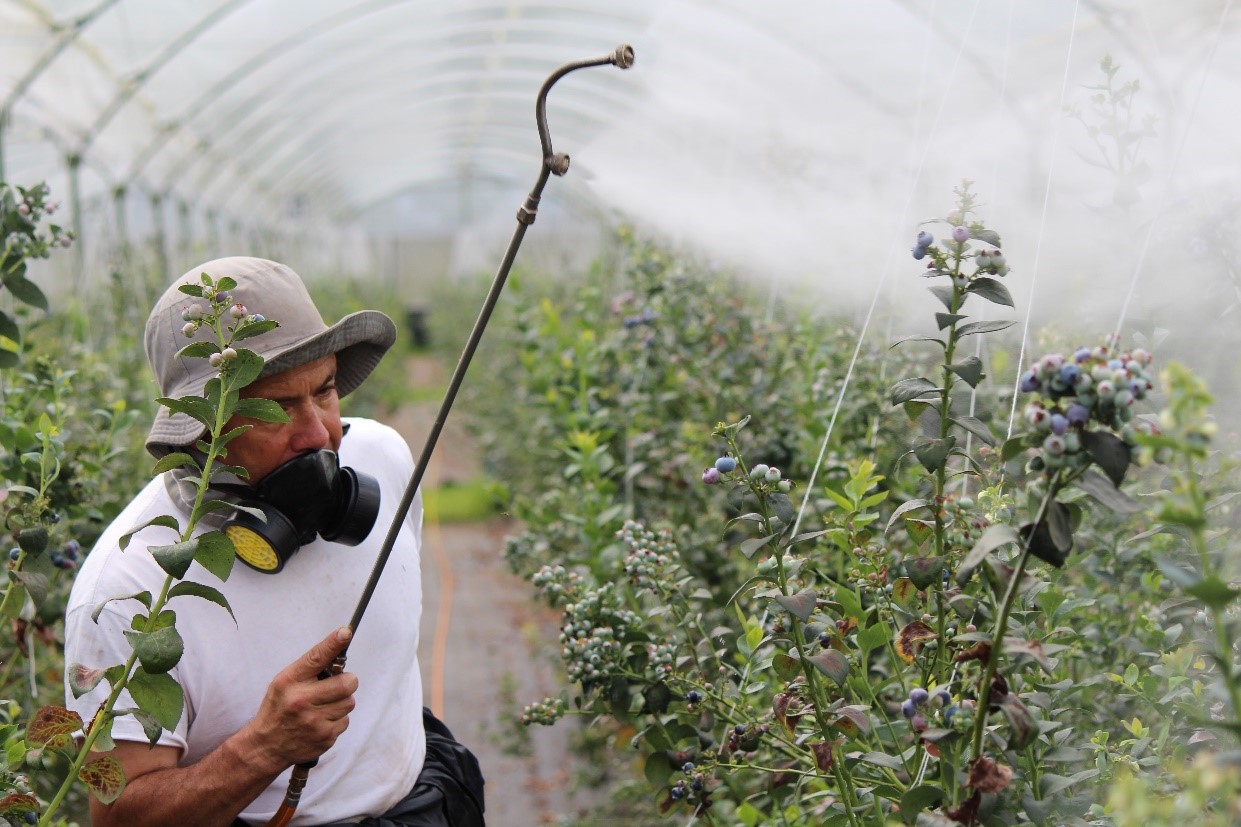The Dangers of Pesticides in Our Food Supply

The use of pesticides to protect crops is a global phenomenon that has existed for many years. While this practice has effectively guarded against crop-destroying pests, it also comes with serious risks. How pesticides weaken our food should concern all. The residual effects can accumulate in animals, crops, and people, leading to far-reaching health issues.
Studies show that individuals who eat organic foods have healthier diets overall, and this is not something to be taken lightly. Therefore, reducing pesticide use is essential to protect our long-term food supply and public health.
Health Risks of Consuming Pesticides
Pesticides are chemical agents often used in agriculture to manage pests and weeds. Although pesticides can help increase crop yields and produce higher-quality products, the risks associated with their use are extremely concerning. Research shows that pesticide residues can accumulate in water bodies, harming aquatic life and contaminating water supplies.
Excessive pesticide exposure leads to various health risks, including impaired neurological development, cancer, and immune system disruption. Users of pesticides must consider all potential risks before usage and seek guidance on best practices for safety.
The most obvious risk of consuming food laced with pesticides is its potential toxicity to humans. Pesticides have been linked from minor skin irritations to more serious long-term health problems, such as cancer and organ damage. In addition, children and pregnant women are particularly vulnerable to the effects of pesticides, making it all the more important to be aware of the potential risks.
You may be wondering if there are any safe levels of pesticide consumption. Unfortunately, there isn’t an easy answer here. Different pesticide types have different toxicity levels, so it’s impossible to make an overarching statement about their safety. It’s best to stay cautious and limit your exposure whenever possible.
Environmental Effects
In addition to the harmful effects on human health, environmental consequences are associated with using pesticides. Pesticides can leach into water supplies, polluting rivers and lakes and damaging aquatic ecosystems. They can also contaminate soil and reduce biodiversity in agricultural habitats by killing beneficial insects like bees, butterflies, and ladybugs. These effects can have far-reaching implications for our environment and food supply.
Final Thoughts
Pesticides have become an integral part of modern agriculture – but that doesn’t mean we should ignore their potential dangers or assume that all is safe when consuming food treated with these chemicals. By being aware of the risks posed by pesticide use and taking steps to limit our exposure whenever possible, we can protect ourselves and our environment from harm caused by these substances.

